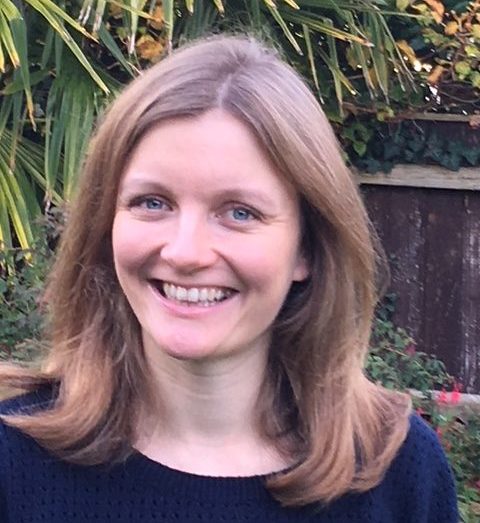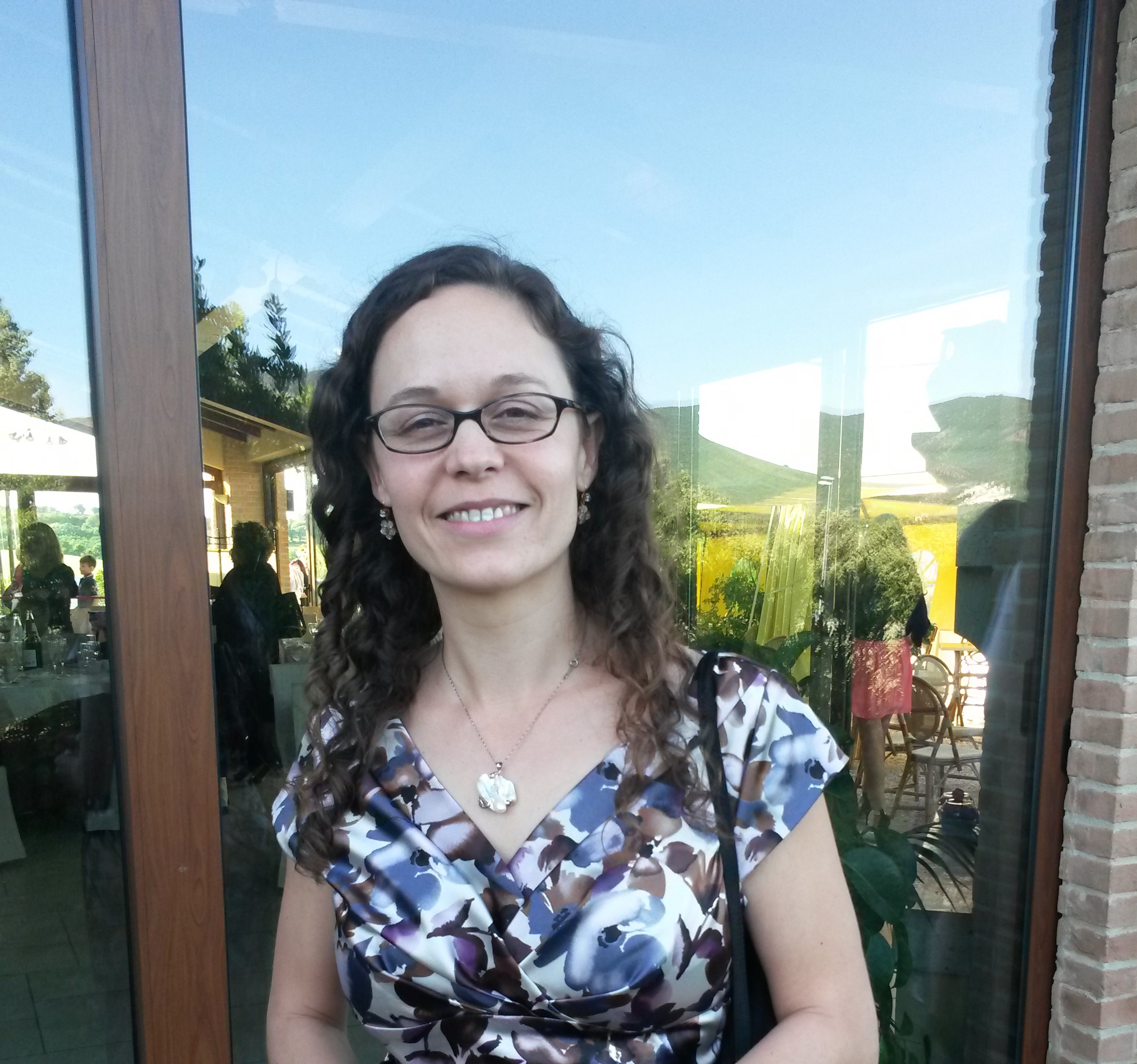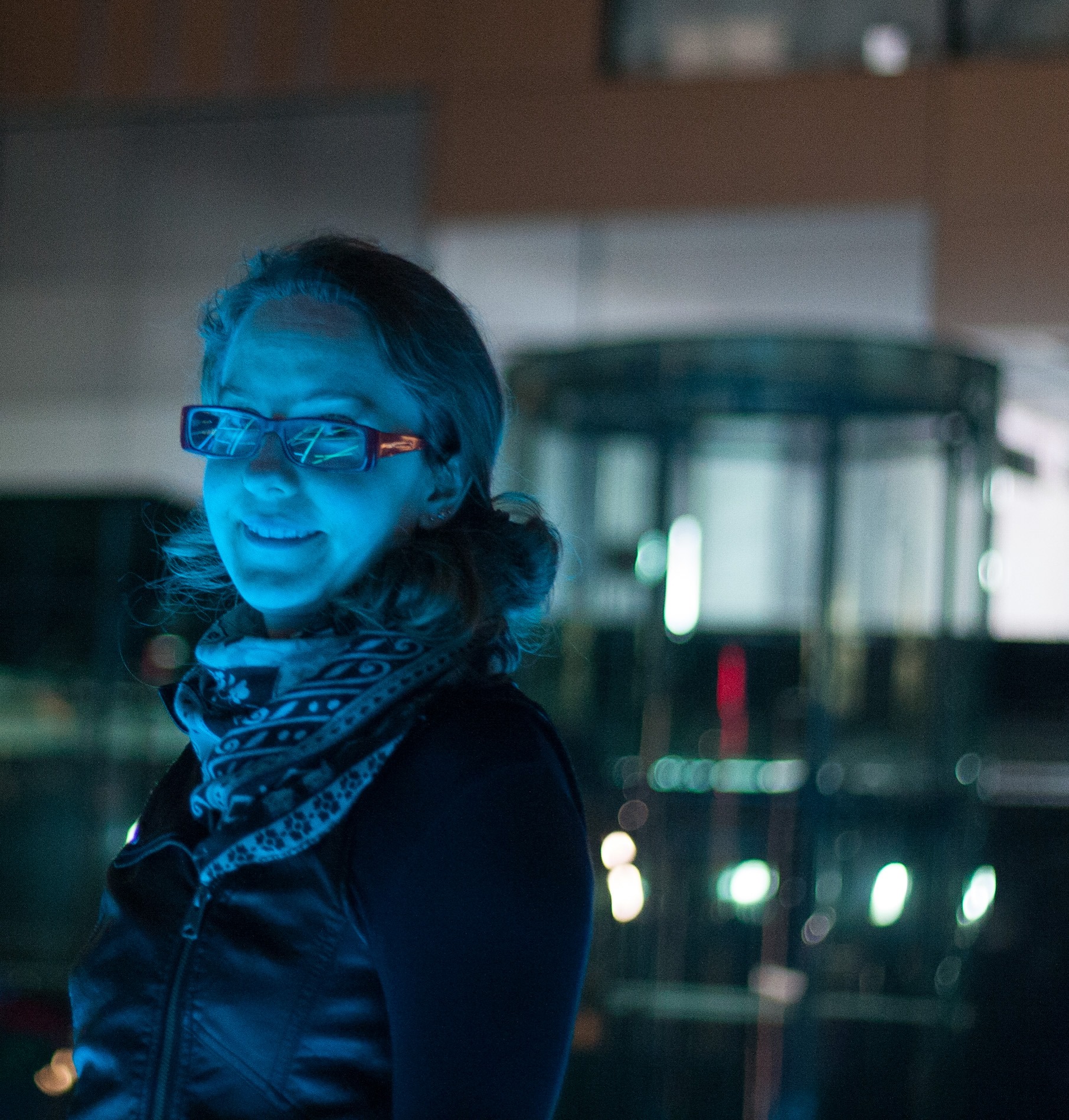PhD in English, The University of Exeter (2016)
| Teacher | |
|---|---|
| Didcot Girls’ School: PGCE at the University of Oxford | |
Year entered into industry: 2018
Job highlight: Teaching young people from different backgrounds and helping them to learn about and appreciate literature.
What’s your background?
I studied for a PhD in mid-nineteenth-century literature at the University of Exeter. Following my PhD, I completed a PGCE in secondary English at the University of Oxford. I now work as an English teacher at a comprehensive secondary school in Oxfordshire.
My research training has set me up to think creatively and express my ideas in such a way that is interesting and accessible to other people.
Can you describe a typical day in your job?
At the start of the school day I have tutor time with my year 7 tutor group. I then have between three and five lessons each day ranging across years 7 and 12. I teach GCSE English, A-Level Literature and Language and key stage 3 History. There are meetings on most days; these could be whole school briefings, department meetings or individual mentor meetings.
What’s the workplace culture like?
The workplace culture at my school is very supportive. The other teachers are always willing to share ideas on teaching and learning strategies and will always offer advice on any questions I may have. I have been struck by how enthusiastic all the English teachers are at my school and it is a delight to work in an environment where people genuinely love their subject.
Which transferable skills are most important to your job?
Teachers need to have a wide range of different skills from written and verbal communication skills to time management and effective planning. I think that the transferable skill that is most important to my job is an ability to consolidate and transfer information in order to engage and educate students.
What are your favourite parts of your job?
My favourite part of my job is getting to spend time with students from a whole range of different backgrounds and hear their thoughts and opinions on different pieces of literature. I love helping students to unlock a text and explore their ideas with them.
Is there anything you miss about academia?
The aspects of academia that I enjoyed the most, teaching seminars, planning workshops, researching and discussing literature, still make up the majority of the working day, so there is not a huge amount that I miss about academia.
Was there anything that surprised you about your current job?
I have been surprised by how quickly I have formed relationships with my students and the new readings that they have brought to my understanding of literary texts.
Why did you choose to do your PGCE at Oxford?
I chose to do my PGCE at Oxford as I was impressed by the mix of rigorous academic training and practical placement experiences. I felt that I was challenged equally by the pedagogical theory taught during the department weeks and the teaching practice that I received in both of my placement schools.
What are the biggest misconceptions about teaching?
I think the biggest misconception about teaching is that it is all about the holidays. I feel lucky to work with people who not only enjoy their jobs, but go the extra mile to ensure that their students get the best education possible.
In what way has your PhD shaped your current job?
My PhD has shaped my current job in a number of ways. It has provided me with in-depth subject knowledge that I have been able to pass on to my students. It has also, however, provided me with skills such as time management, self-motivation and communication skills that are vital to a teaching career.
In what way has your PGCE shaped your current job?
The PGCE has been invaluable to my current job, it has given me both the solid pedagogical and practical knowledge that are integral to starting to teach in any school.
Do you have any advice for someone thinking about applying to Oxford’s PGCE?
Try to organize experience in a school before applying.





